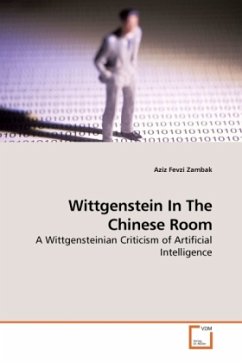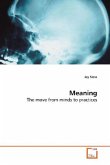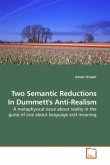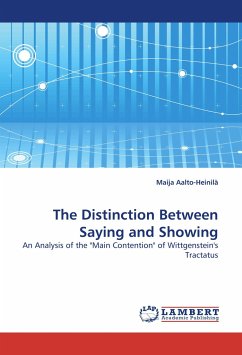The Wittgensteinian criticism of AI is investigated in two parts. Firstly, we made a systematic outlook on the main themes discussed in the philosophy of AI. We dealt with the Turing Test, the computation theory and the Chinese room argument. Although we cannot find any explicit discussion or argument on AI in Wittgenstein s philosophy, the Wittgensteinian discussion on the main issues of AI is formed in terms of their philosophical foundations such as computationalism, behaviorism, thinking, meaning, understanding and intentionality. Wittgenstein s considerations on these issues show the main reasons of the philosophical perplexity of AI on language and mind.Secondly, a grammatical investigation of AI can be considered as a methodological approach to AI. It shows the necessity of taking AI into consideration from a new methodological framework. this study claims that Wittgenstein cannot be considered as a proponent or opponent to AI. His considerations on the Turing Test and thecomputers models of the mind show that he is not a proponent to AI. At the same time, his considerations on the Chinese room argument show that he does not hold the same idea with the opponents of AI.
Bitte wählen Sie Ihr Anliegen aus.
Rechnungen
Retourenschein anfordern
Bestellstatus
Storno








